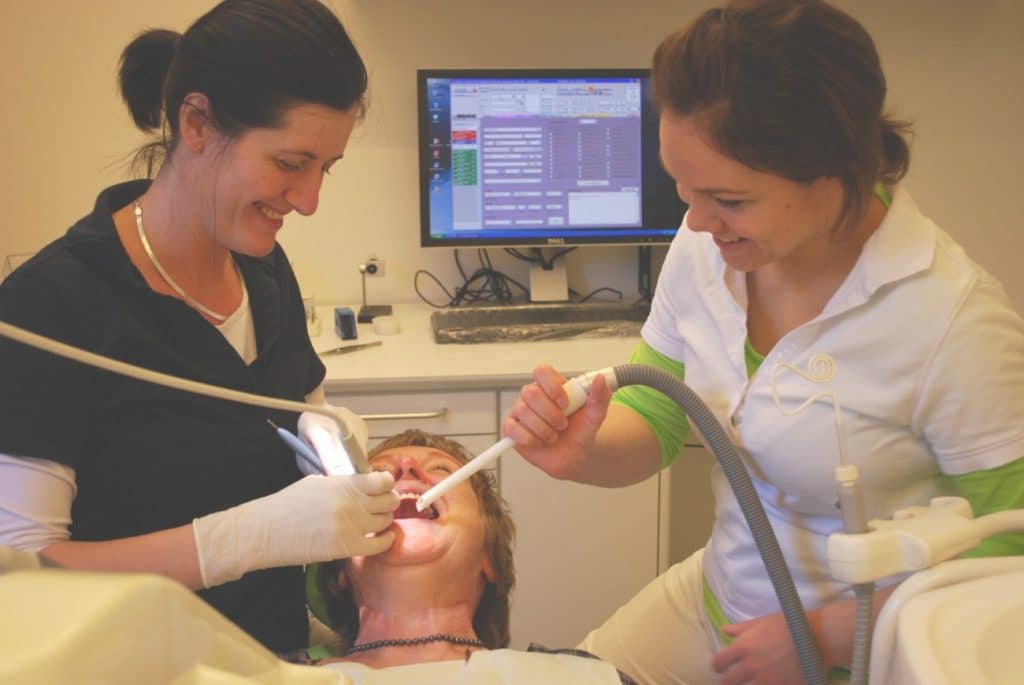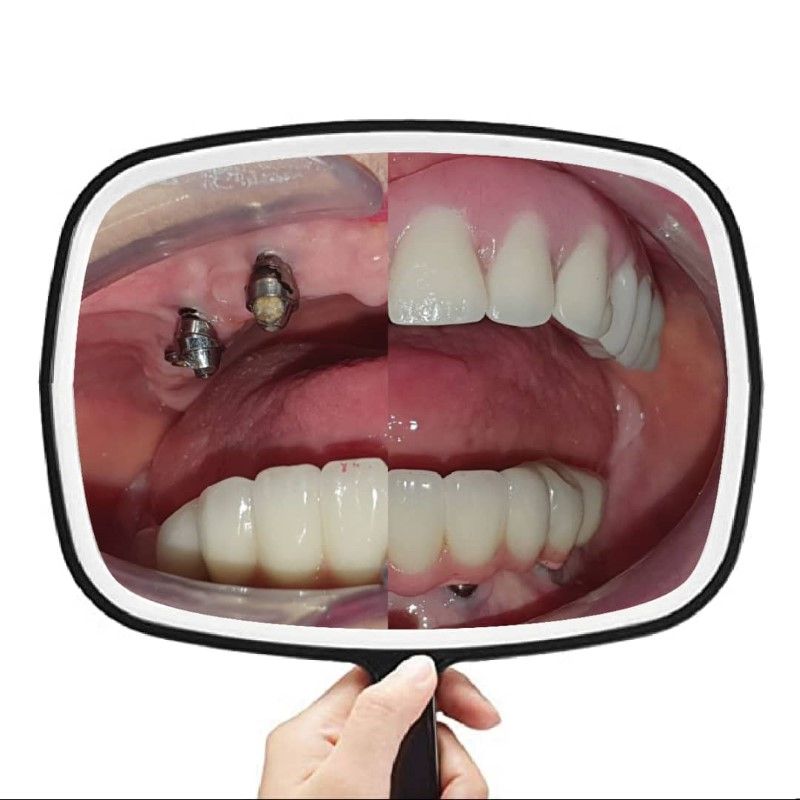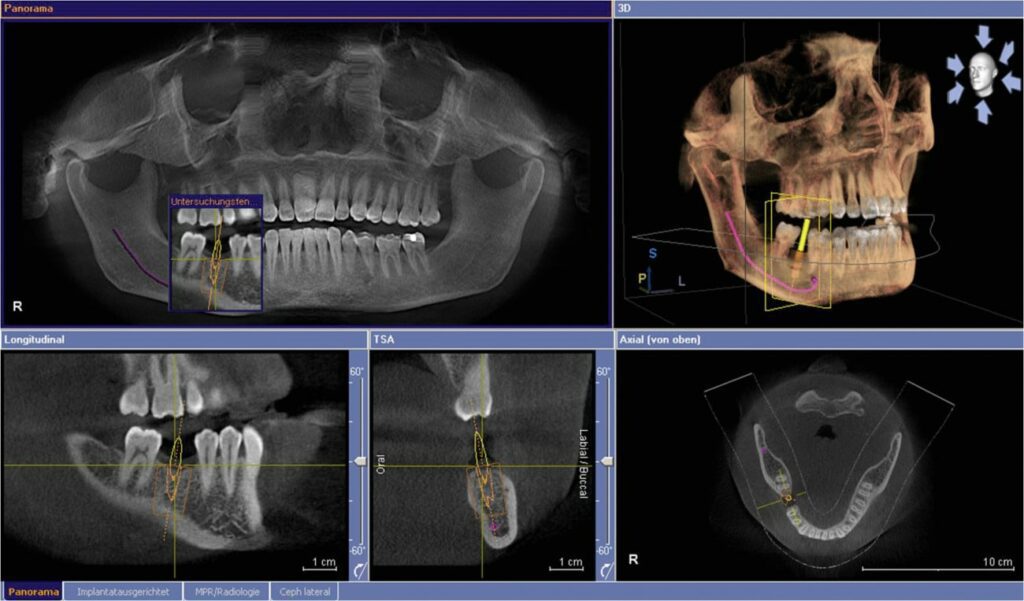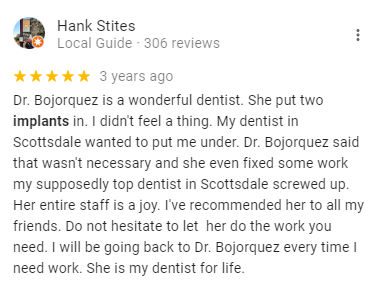What are Dental Implants and how do they work?
Dental implants are the most aesthetic and durable way to replace missing teeth.
In fact, it has completely changed the state of the implant dentistry industry in the last quarter-century since it is a permanent solution and provides the most identical appearance to natural teeth that you can get, taking into consideration its look and feel.
Dental implants replace the tooth roots with a piece made of titanium, a lightweight, strong and biocompatible material that doesn’t cause any reaction, in a surgery that can be completed in a single day.
After a healing period, the implant will support crowns that will replace the missing tooth, giving an appearance and feeling almost identical to the natural teeth. The procedure can be done to replace a single missing tooth or restore the full arch using implant dentures or an implant-supported bridge.
Crowns can be made of different materials that vary in durability and price. In our dental office in Los Algodones Mexico, we use dental crowns made of zirconia, acrylic, porcelain, or composite. The material to be used will be chosen by the patient.
An implant can be used in different dental procedures, like in a single tooth to place a crown, in a dental bridge, and implant-supported dentures for full dental restorations.











